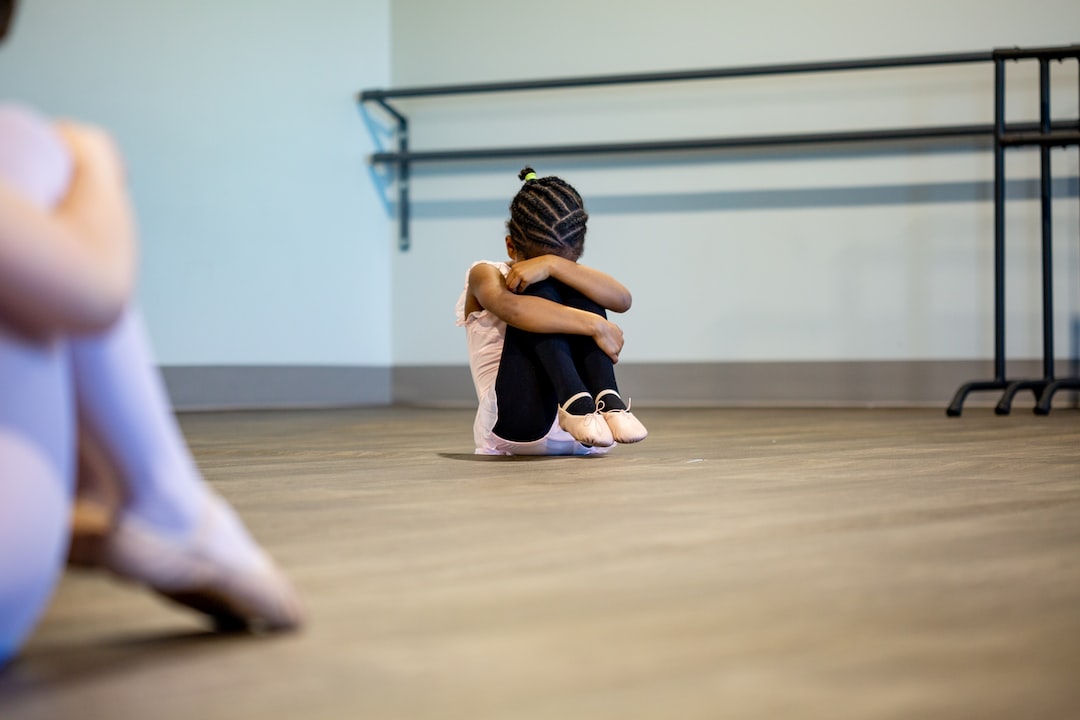Learning to play an instrument is a great way to increase your creativity, reduce stress and boost your brain power. In addition, playing an instrument can help you develop discipline, improve your hand-eye coordination and enhance your social skills. However, starting out can be a bit intimidating, especially if you have no prior experience. But with some guidance, patience, and practice, anyone can learn to play an instrument. Here’s a beginner’s guide to help you get started.
Choose Your Instrument Wisely:
The first step in learning to play an instrument is to choose the right one. The instrument you choose should be based on your personal preference and interest. You can choose between popular instruments like guitar, piano, violin, cello, drums, flute, saxophone and more.
Self-Learning or Taking Lessons:
Once you’ve selected your instrument, decide how you want to learn. You can either learn it on your own or take lessons from a teacher. Self-learning can be free and convenient as there are many online tutorials, videos, and books available. However, taking lessons from a qualified teacher can be more beneficial as they can guide you in the right direction, provide feedback, and ensure you learn the correct techniques.
Get Familiar with Your Instrument:
Before you start playing, get to know your instrument. Learn the different parts of the instrument, its functions, and how to handle it with care. Knowing the instrument’s history and where it originated can also help you have a deeper appreciation for the instrument and its music.
Practice Daily:
Learning how to play an instrument requires patience, dedication, and consistent practice. Schedule a practice time and stick to it. Practice gradually, beginning with simple exercises and gradually progressing to more complex phrases or pieces. Start with short periods and gradually increase the duration of your practice. Practicing for at least two hours a day can be highly beneficial.
Master the Basics:
Before you advance to more complex pieces, it’s essential to master the basics. Learn the fundamental techniques, such as how to tune your instrument, how to read sheet music, how to hold your instrument, how to produce sound, and how to play basic chords or notes effectively.
Stay Motivated:
Learning to play an instrument can be a long process. Sometimes you might feel discouraged, but remember that it’s all part of the journey. Find inspiration from other musicians, listen to music, and attend concerts. Celebrate your milestones, no matter how small, and use them to motivate yourself to keep going.
In conclusion, remember that learning to play an instrument is an enjoyable and fulfilling experience. With the right mindset, approach, and consistent practice, anyone can learn to play an instrument. Follow these tips, be patient, be persistent, and most importantly, have fun. Happy playing!

